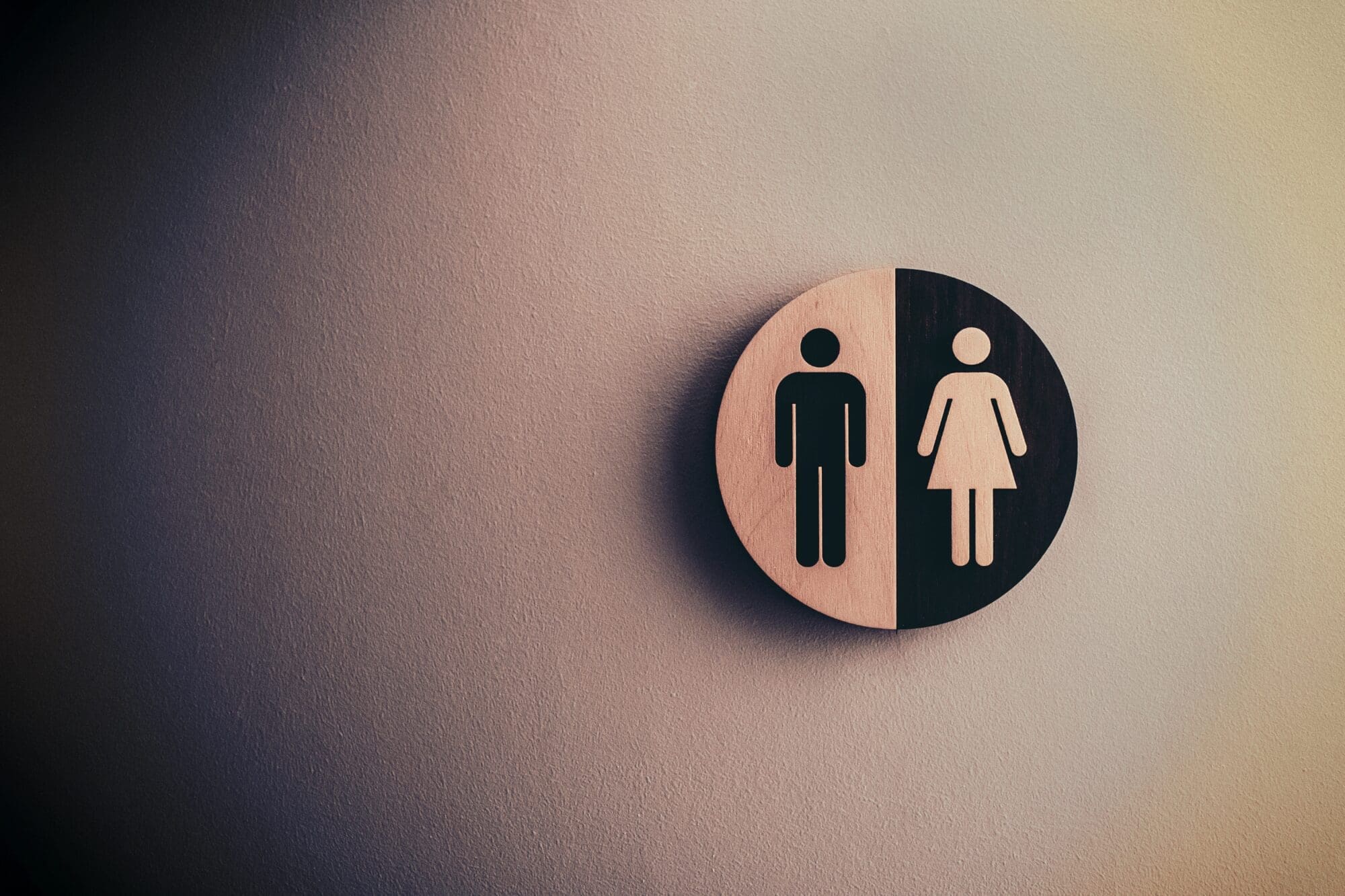On Monday, senators on the State Affairs Committee considered the Women’s Privacy Act, which aims to protect the privacy of women and girls when using public facilities.
Senate Bill 7, authored by State Sen. Mayes Middleton, prohibits an individual from entering a public area—such as restrooms and locker rooms—designated for a member of the opposite biological sex.
“This is common sense,” said Middleton while laying out the legislation. “It protects women and children in private spaces like bathrooms, locker rooms, showers, family violence shelters that are dedicated to women, and this bill helps restore those sex-based boundaries that we have had for generations and are based on basic biological and biblical truths.”
The measure would apply to all state agencies, school districts, prisons, public colleges, and women’s abuse shelters, with each being required to enforce the act.
It also requires that inmates be housed according to their biological sex and limits state-funded women’s shelters to biological women and their children.
Kim Slusser, mother of Brooke Slusser, a student at San Jose State University, shared with the committee that her daughter was forced to share private spaces, including her apartment, hotel room, and locker room, with a biological man while competing on the university’s volleyball team.
“San Jose State University, and the head coach, Todd Kress, never told Brooke that there was a man on the team,” explained Slusser. “She was not asked how she felt, and she certainly was not protected.”
“Instead, she and her teammates were expected to stay silent, conform, and suppress their discomfort for the sake of someone else’s inclusion, even when that inclusion violated their privacy, fairness, and dignity,” she continued.
While hearing testimony, the committee also heard from many individuals urging the committee not to adopt the measure, voicing concerns that the act will create an increased risk of violence towards gender-confused individuals and that it is a distraction from other, more pressing issues.
Under the measure, Texas residents will be able to file complaints regarding violations by applicable entities directly to the attorney general’s office.
Violators will be subject to a $5,000 fine for the first violation and a $25,000 fine for any further violations.
The measure passed out of the Senate State Affairs Committee and was reported favorably.
Similar legislation passed the Senate during the regular session earlier this year but was not given a hearing in the House State Affairs Committee.
No ads. No paywalls. No government grants. No corporate masters.
Just real news for real Texans.
Support Texas Scorecard to keep it that way!





